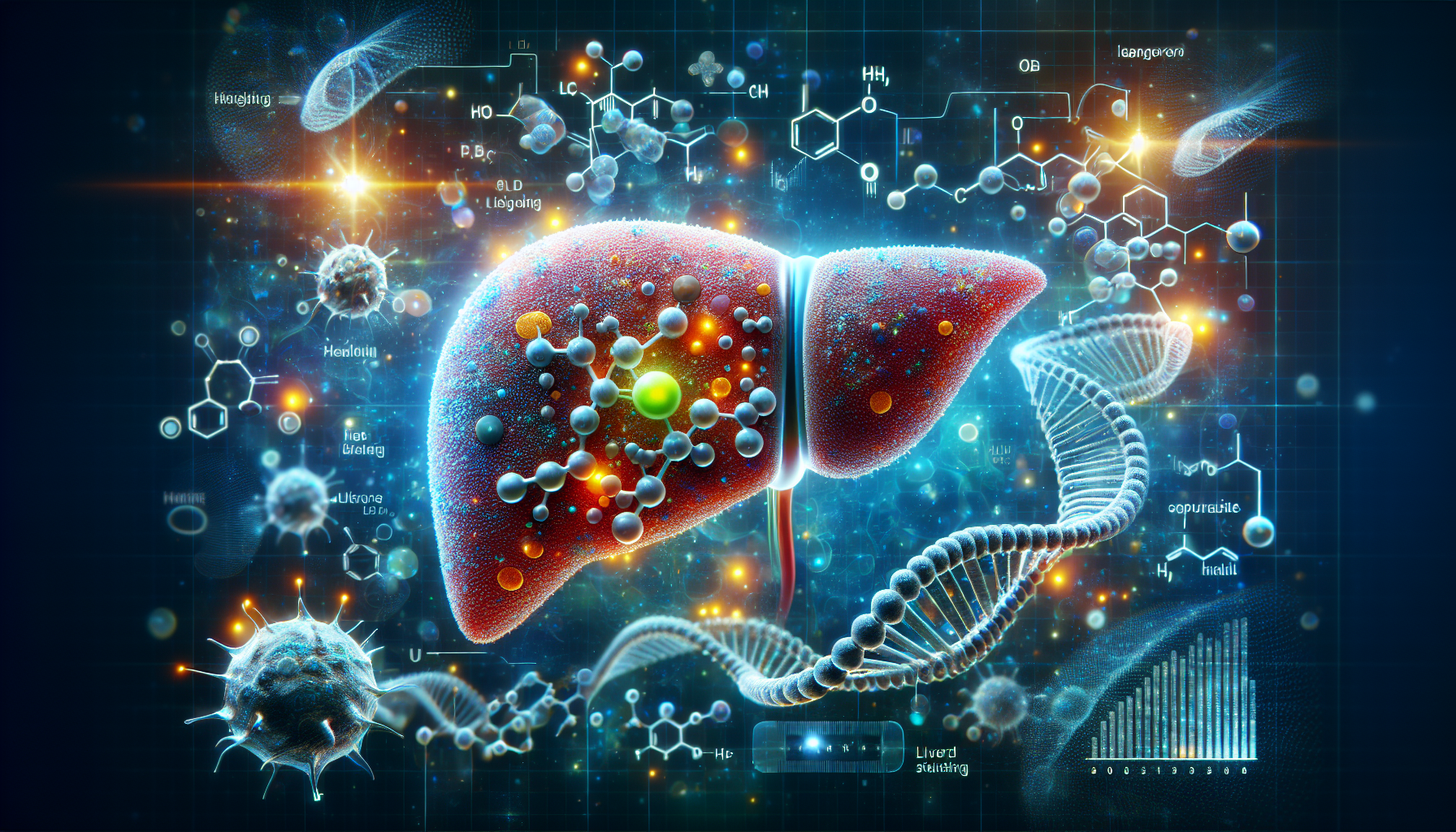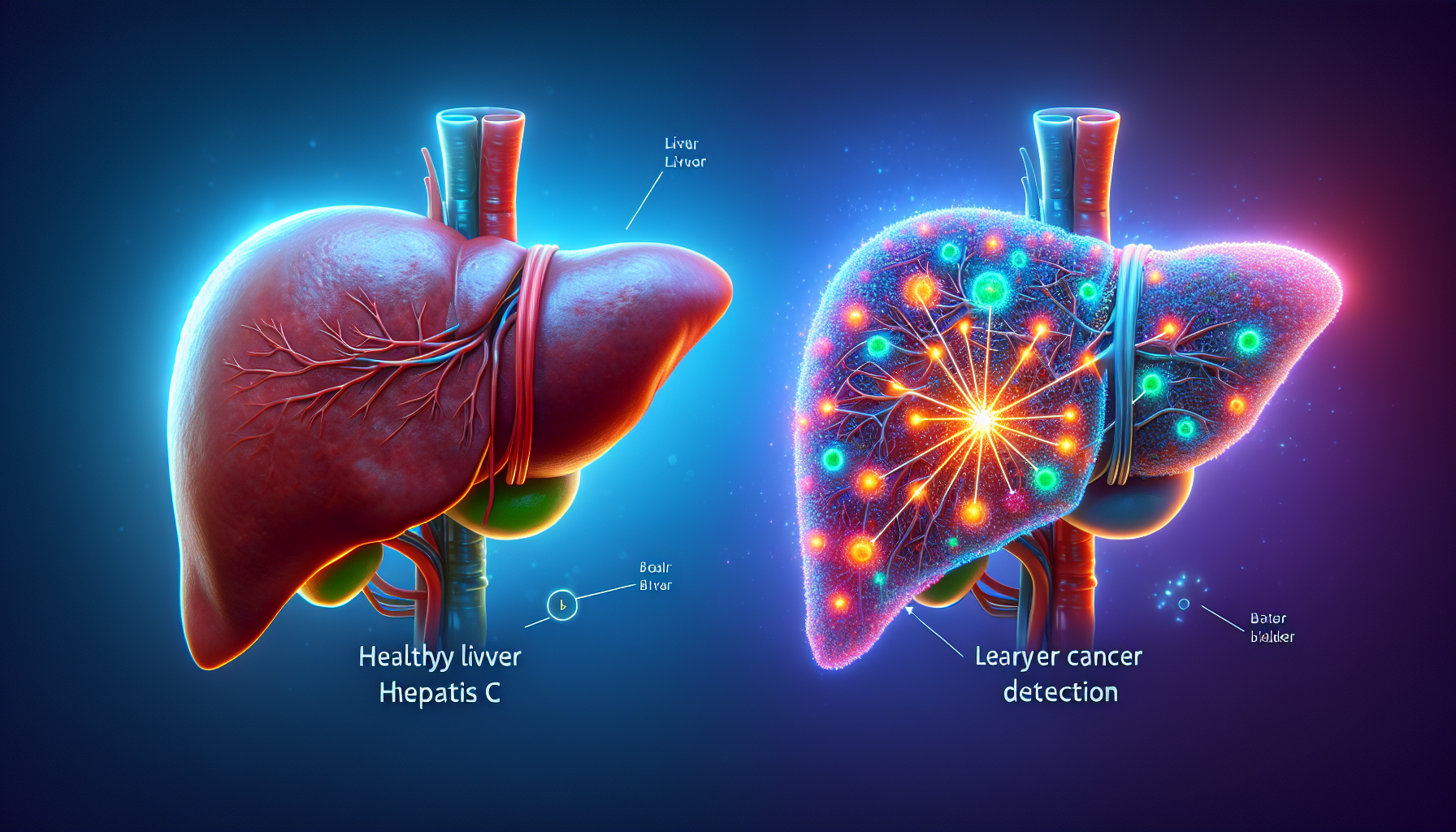Mazdutide Shows Promise in Slashing Liver Fat for Obesity Patients
Key Takeaways
- Mazdutide significantly reduced liver fat content in obese patients.
- The GLORY-1 study supports mazdutide's dual agonist mechanism for enhanced fat metabolism.
- Innovent Biologics continues to explore mazdutide's potential for treating metabolic disorders.
Did You Know?
Introduction to Mazdutide
Mazdutide is a dual agonist for glucagon-like peptide-1 receptor (GLP-1R) and glucagon receptor (GCGR). It has drawn attention for its potential in treating metabolic-related fatty liver disease and managing weight in obese patients.
The GLORY-1 Study Overview
The GLORY-1 clinical trial, conducted in China, investigated the effects of mazdutide on liver fat content in adults with obesity or overweight. The study enrolled 610 participants who were divided into groups receiving varying doses of mazdutide or a placebo over a 48-week period.
Mazdutide: Mechanism of Action
Mazdutide works by activating GLP-1R, which helps reduce appetite and delay gastric emptying, and GCGR, which increases energy expenditure and promotes the breakdown of fatty acids. This dual activation approach targets both appetite reduction and enhanced fat metabolism.
Significant Reduction in Liver Fat Content
An exploratory analysis from the GLORY-1 trial revealed that participants receiving mazdutide experienced significant reductions in liver fat content, with some achieving up to an 80.2% decrease. This reduction was notably higher than that observed with GLP-1 receptor agonists alone.
MAFLD and Its Impact
Metabolic-associated fatty liver disease (MAFLD) is a prevalent chronic liver condition, often coexisting with obesity. It poses a substantial health risk, increasing the likelihood of other metabolic disorders. The study's findings suggest mazdutide could be a promising treatment option for MAFLD patients.
Safety and Efficacy
Dr. Lei Qian, Vice President of Clinical Development at Innovent, emphasized mazdutide's dual action in improving liver fat metabolism and liver function. The Phase 3 results align with Phase 2 findings, reinforcing the drug's potential as a safe and effective treatment.
Next Steps for Mazdutide
Given the promising results from the GLORY-1 trial, further studies are warranted to explore the long-term benefits and potential applications of mazdutide in managing MAFLD and other metabolic disorders. These future studies will provide deeper insights into its clinical value.
The Growing Obesity Epidemic
Obesity is a significant risk factor for numerous diseases, including type 2 diabetes, cardiovascular issues, and certain cancers. In China, the rise in obesity rates underscores the need for effective treatment options beyond lifestyle changes, such as pharmacological interventions like mazdutide.
About Innovent Biologics
Innovent Biologics, a leading biopharmaceutical company, aims to develop high-quality, affordable medicines for major health conditions. The company's portfolio includes several innovative treatments, and it continues to partner with global healthcare leaders to advance its mission.
Conclusion
The exploratory analysis of the GLORY-1 study highlights mazdutide as a promising therapeutic option for reducing liver fat and addressing obesity-related health issues. Further research and clinical trials will determine its full potential in combating metabolic disorders.
References
- Innovent Biologics Official Websitehttps://www.innoventbio.com
- ClinicalTrials.gov: GLORY-1 Trialhttps://clinicaltrials.gov/ct2/show/NCT05607680
- American Diabetes Association (ADA)https://www.diabetes.org






